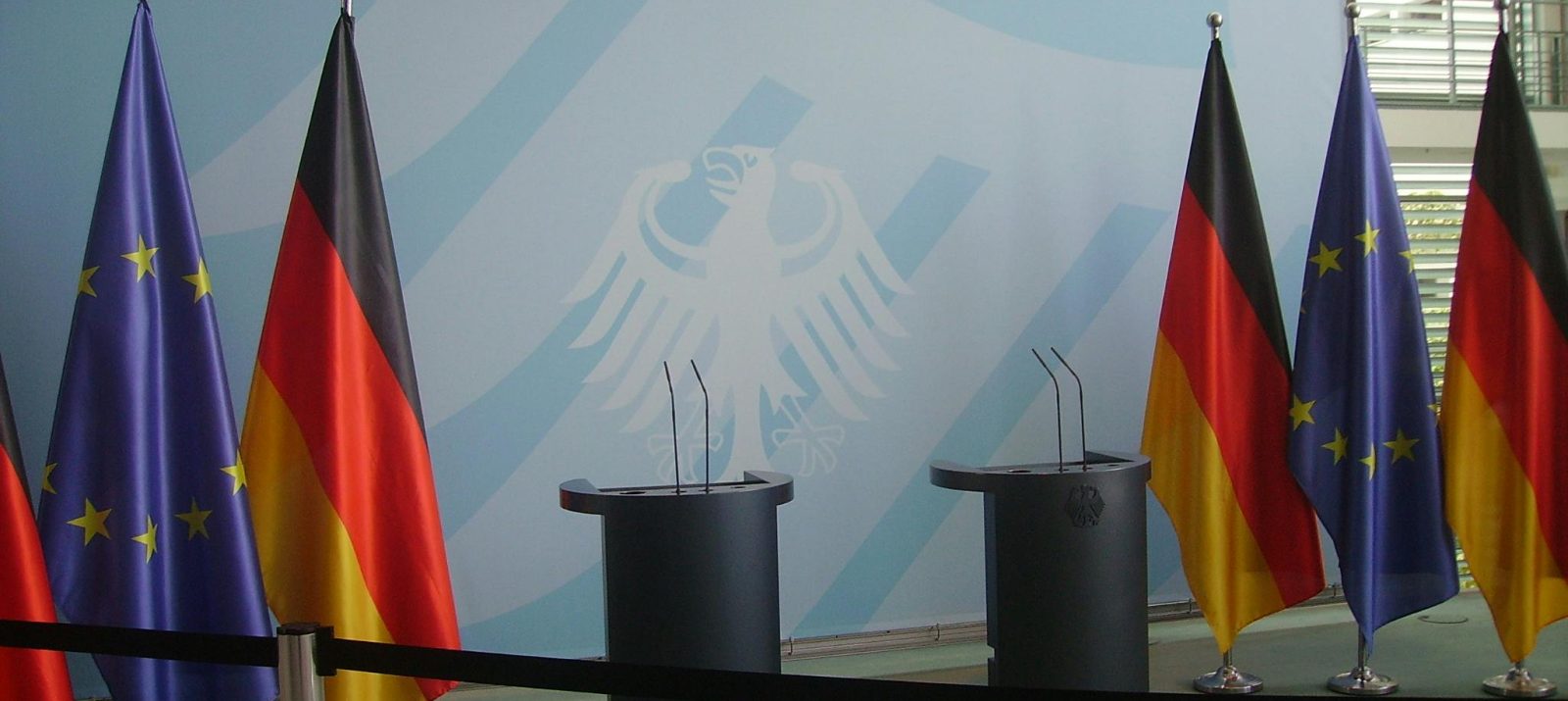
In June 2024, elections to the European Parliament will be held in all EU member states. For the first time in Germany, young people aged 16 and over are allowed to vote. The topic of elections raises questions for many young people. Even children are often interested in political issues. However, voting systems in particular are a complex topic that is difficult to understand even for many adults. We have compiled a selection of high-quality online services that provide children and young people with age-appropriate answers to their questions about elections and politics.
Kuppelkucker is the children’s website of the German Bundestag. Current news from the Bundestag for children aged 5 to 12 is published here twice a week. Explanations of terms and institutions of the German government can be found in the lexicon. Quizzes such as the election quiz and explanatory videos such as this one on the Bundestag elections offer an interactive experience of the site.
Logo!, the children’s news program of the public broadcaster, also devotes several contributions to the topic of elections and politics. An overview page explains various institutions in Germany, explains important terms and introduces individual parties. Logo! also offers articles about the EU and the European Parliament. The Logo! program is aimed at children between the ages of 8 and 12.
Südwestrundfunk regularly publishes child-friendly video and audio contributions on the SWR Kindernetz portal, supplemented by short knowledge articles. Here you can find some contributions on political topics such as women’s suffrage or the German constitution. Children can play an election quiz directly on the website.
Sendung mit der Maus has set up a special page on the subject of democracy and elections, on which various videos are available for children aged 5 and over.
Presenter Checker Tobi from Checker Welt deals with the topic of democracy and the importance of elections in the report Democracy Check, which is aimed at an audience aged 6 and over.
The well-known Was ist Was book series is aimed at children aged 8 and over. A brochure on democracy and elections in the typical Was ist Was style is available for free download on the website.
Geolino Spezial is a knowledge podcast for children. Episode 81 is all about elections.
The Hanisauland portal communicates political and social issues to children between the ages of 8 and 14 in a playful way. Knowledge articles and a lexicon explain important terms and topics. Children can post their own questions under the articles. The portal highlights special topics such as elections and the upcoming European elections. Children and young people can test what they have learned in the quiz on the topic of elections.
The knowledge section of the Federal Agency for Civic Education provides answers to the most important questions about democracy and elections in the form of articles and booklets. A special overview page has been put together for the 2024 European elections, including the Wahl-O-Mat.
“Who, how, what is Europe?” – these are the questions answered by the U18.org information page of the German Federal Youth Council. The focus here is on young people’s issues in politics, youth elections, events and political education.
The European Youth Portal offers young people living, learning and working in Europe the opportunity to find out about opportunities and initiatives at EU level and in the individual countries. The German Bundestag’s mitmischen.de portal encourages young people to become politically or journalistically active themselves.
Instagram channels for political education such as politikverstehen_ and nini_erklaert_politik make it easy and entertaining to understand what is currently being discussed in politics and society. On YouTube, influencers like LeFloid or networks like funk tackle social issues with factual accuracy and humor.
When it comes to political education, parents are an important role model for children. Emphasize the importance of elections and encourage your child to stand up for values such as democracy and social justice. Give your child access to age-appropriate news and information sites and search engines and talk to them about political issues. Because by gaining a certain basic understanding of democracy and elections, your child learns why their own opinion and vote are important. Do not force your child to do this, but build on their existing interest.
In connection with elections and democracy, disinformation and fake news are circulating on the internet and on social media platforms. Talk to your child about fake news online and explain to them how they can check news and content. HanisauLand or Team Timster offer programs for children and young people to educate them about fake news and the like.